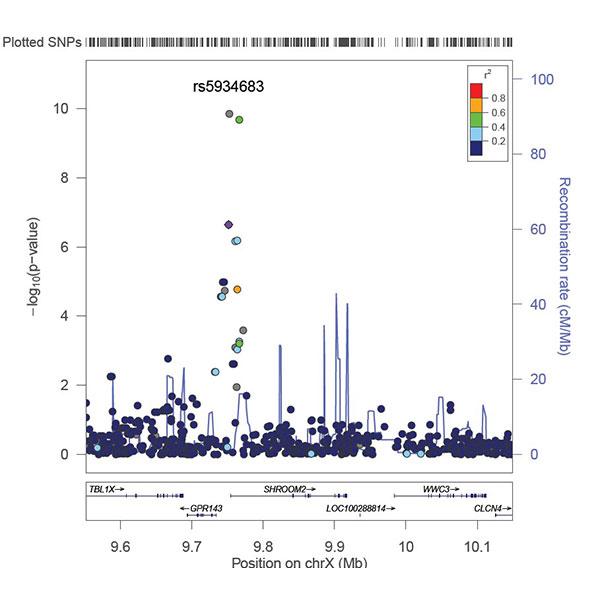Susan Farrington: Colorectal Cancer Genetics
Research Programme

Cancer of the large bowel and rectum (colorectal cancer) is a major public health problem as it is one of the commonest causes of early death due to cancer in the non-smoking male and female populations. The CCGG have collected and utilised population based DNA samples from colorectal cancer cases (~4000) and age and sex matched controls (~4000) to identify novel genes predisposing to colorectal cancer. Using genetic association strategies and candidate gene/pathway analysis, a number of genes/loci have been shown to be involved in susceptibility to the disease. Of the candidate pathways investigated, defects in both DNA mis-match repair (MMR) and base-excision repair (BER) have been identified as major risk factors in colorectal cancer susceptibility and other genes involved in the repair of oxidative damage are under investigation for rare-moderate and common low risk alleles. The large prospective collection has also enabled the influence of dietary and environmental factors on colorectal cancer risk to be explored and gene-environment interaction analyses are underway. Finally, recent identification of novel genes and loci involved in subtle increases in disease risk are a new and exciting challenge in trying to establish and understand their role in disease initiation (Figure A) and progression (Figure B), in both human and model systems, and whether the pathways can be targeted for new therapeutic and preventative agents.


